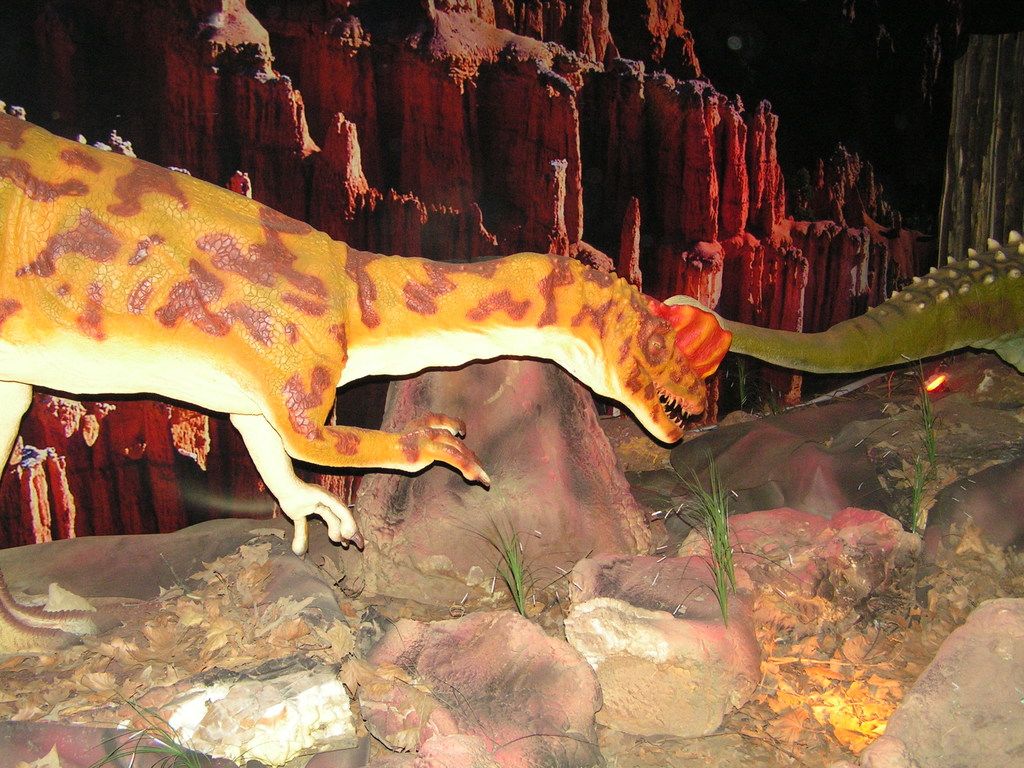Unveiling the Shadowy Life of Roberto Calvi: The Banker of Mystery
- by Lutz Meier
- 2 Min
The Tragic Tale of Roberto Calvi, Known as the 'God's Banker' and His Shrouded Financial Transactions - Mysterious Death of Roberto Calvi, Known as the "God of Bankers" Amidst Financial Scandal Allegations
Step into the intriguing world of Roberto Calvi, infamously dubbed "God's Banker." As the manager of Banco Ambrosiano, a powerhouse Italian bank with intricate connections to the Vatican, Calvi found himself at the center of controversy and rumors.
- Vatican Bank
- Masonic Lodge
- Bank Scandal
Delve into the shrouded ties between Banco Ambrosiano and the Vatican Bank, the Institute for the Works of Religion (IOR). The Vatican was a significant shareholder of Banco Ambrosiano, an association that cast a shadow over the Vatican's financial dealings.
Banco Ambrosiano's operations were marred by allegations of money laundering, with its illegal activities extending to the Italian Mafia and political groups like Polish Solidarity and the Nicaraguan Contras.
The downfall of Banco Ambrosiano in the 1980s was inextricably linked to its illicit activities and connections to the Mafia. Key figures, such as Giuseppe Calò and Flavio Carboni, were implicated in Roberto Calvi's murder.
Beyond the Mafia, Roberto Calvi's life was further entwined with the Propaganda Due (P2) Masonic lodge, presided over by Licio Gelli. P2 was accused of attempting to manipulate the Italian state, involving influential figures from politics and business.
The P2 Masonic lodge provided another puzzle piece in Calvi's enigmatic life, with membership potentially offering business opportunities and a glimpse into hidden power structures. Gelli found himself under investigation for Calvi's murder in 2005, with allegations that Calvi was killed to silence him about Banco Ambrosiano's money laundering operations.
Calvi fled to London to escape charges of embezzlement. His body was discovered dangling beneath Blackfriars Bridge on June 18, 1982, initially reported as a suicide. However, further investigations hinted at a more sinister scenario, one potentially involving murder to silence Calvi.
The collapse of Banco Ambrosiano resulted in the disappearance of roughly $1.4 billion, including Vatican funds. The affair exposed the financial and political turmoil plaguing Italy during the 1980s. The Mafia, financial institutions, and political manipulations were intertwined, leaving behind a legacy that continues to influence discussions about financial regulations and secretive organizations' roles in politics.
The tale of Banco Ambrosiano, the Vatican, and the Mafia remains a captivating whirlwind, filled with allegations of financial misconduct, political machinations, and dark secrets. The enigmatic life of Roberto Calvi and the Propaganda Due Masonic lodge serve as reminders of the complex interplay between financial corruption and state manipulation in Italy during the late 20th century.
- The Vatican, being a significant shareholder of Banco Ambrosiano, found itself embroiled in allegations of financial misconduct and illegal dealings, with some traceable connections to the Mafia and other criminal organizations.
- Roberto Calvi's life was shrouded in mystery, with his operations at Banco Ambrosian involving the Italian Mafia, political groups, and the Propaganda Due (P2) Masonic lodge, all while carrying out suspicious financial transactions that would eventually lead to the bank's downfall.




